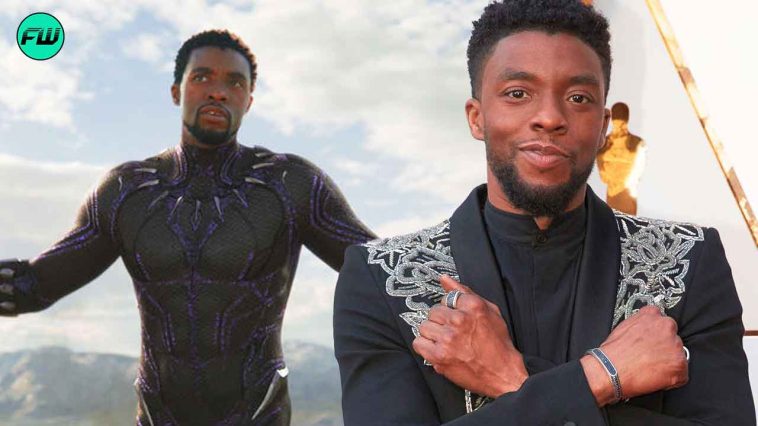One of the primary significance of T’Challa in the Marvel Cinematic Universe was the legacy left by Chadwick Boseman. The celebrations held in memoriam were consequently a reconciliation of the memory of the past and the posthumous resolution of the life, death, and relegation of Wakanda’s hero. As such, it becomes essential to examine if the legacy of T’Challa should begin and end with the late Chadwick Boseman or whether the name, along with the title of the hero, should pass over to another.
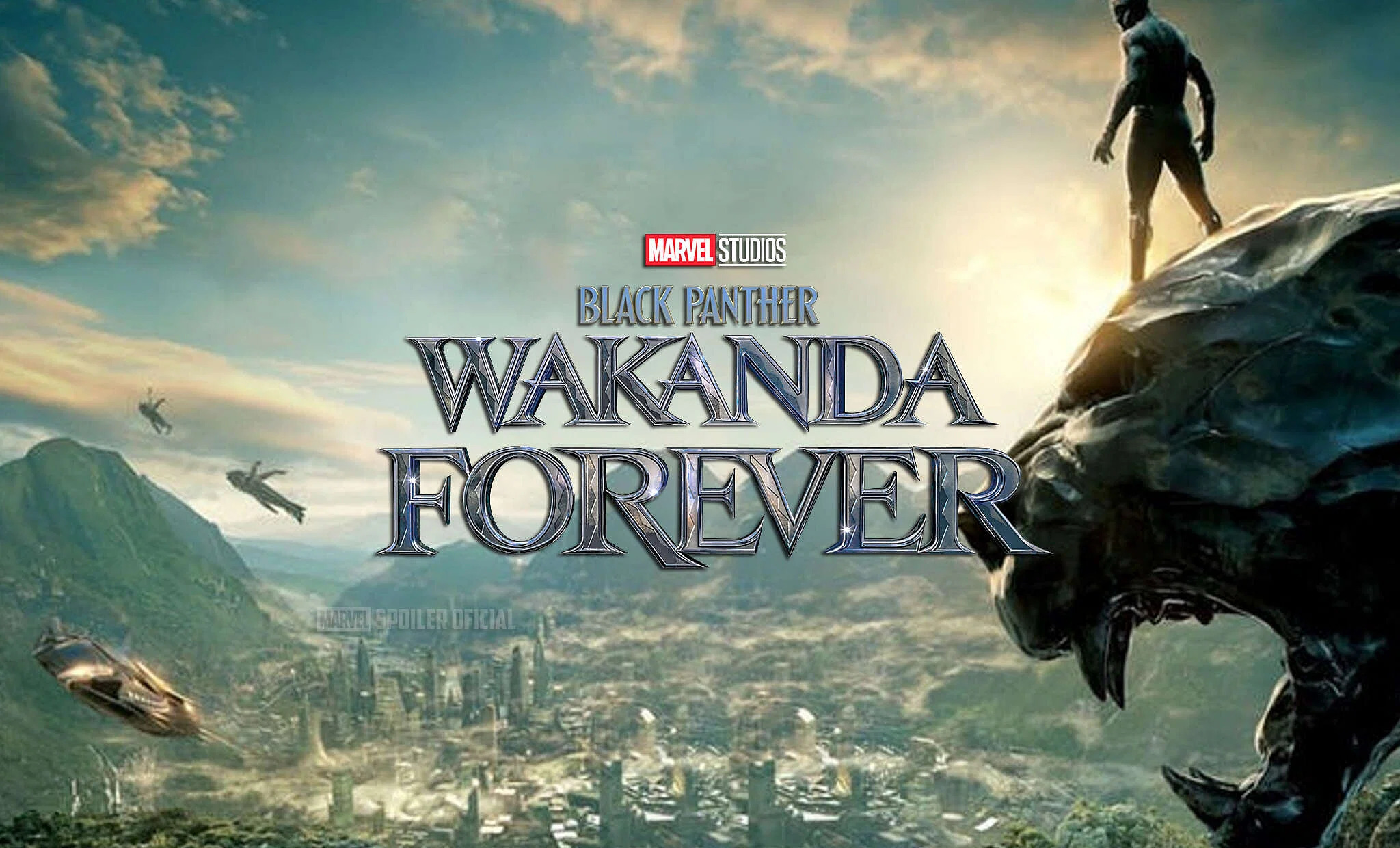
The Legacy of Chadwick Boseman’s T’Challa
Chadwick Boseman became the first actor to portray the role of King T’Challa and don the suit of Black Panther in a live-action comic book movie. The reception surpassed expectations when the actor’s impactful appearance in 2016’s Captain America: Civil War gained the status of a full-fledged movie. Two years later, Black Panther graced the screens. Three Oscars were won. And another two years later, Chadwick Boseman was gone.
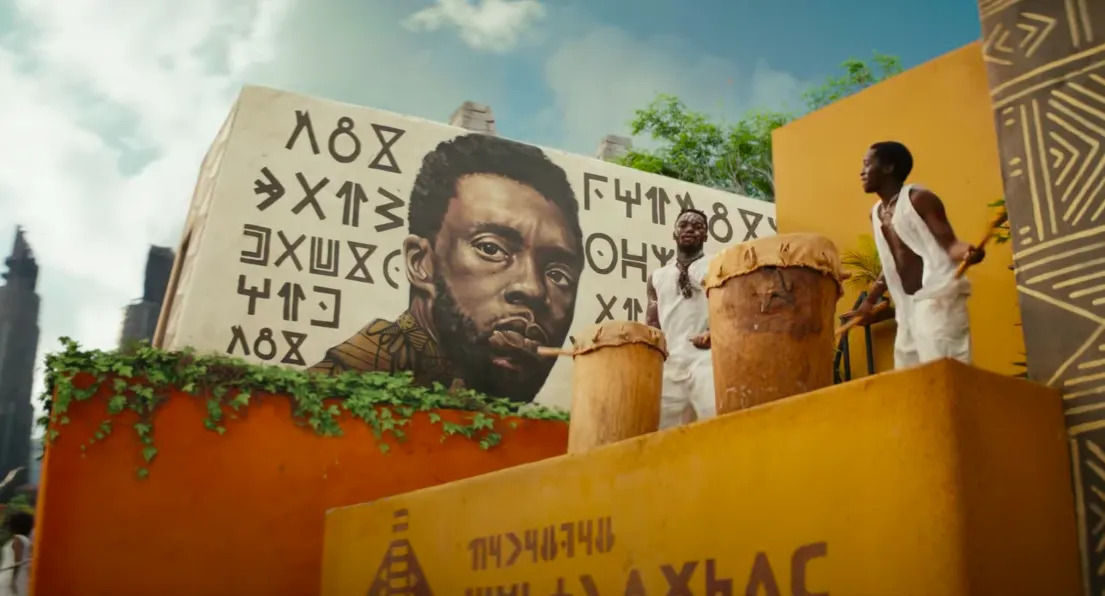
Also read: Marvel Fans in Tears as Chadwick Boseman Posthumously Awarded Title of Disney Legend
The impact of the movie can be deconstructed on several levels. The layered narrative of Black Panther was not merely a story deeply rooted in ethnic and cultural representations but it was the first movie that gave life to a Black superhero on the big screen. T’Challa wasn’t a comic book character anymore. He was flesh and blood through physical representation and that served as a cultural resolution to centuries worth of movements and a recognition of the accumulated socio-political struggles of an entire race.
What the #RecastTChalla Outcry Actually Means for the Fans
The online movement began as abruptly as Chadwick Boseman’s deification and became only stronger in its momentum with the martyr-like passing of the actor in 2020. With his illness a well-kept secret, the news hit harder for those who were beginning to finally find refuge in the sudden popularity of the comic book industry. With their hero gone, the impossibility of ever seeing T’Challa enacted on the screen again was a fate worse than oblivion.
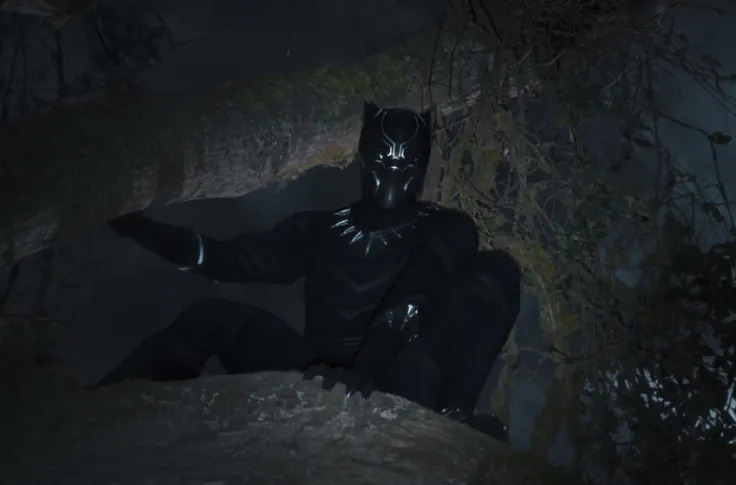
Also read: Black Panther Director Ryan Coogler Remembers Chadwick Boseman With Emotional Tribute
Several pioneers of the movement then shunned the prospect of recasting being dishonorable to the memory of the late actor. Emmanuel Noisette, an RT-approved film critic who has somewhat become the face of the #RecastTChalla movement stated, “Swapping out the character doesn’t represent growth. Black representation on the screen should not come via substitution and subtraction. White characters constantly get recast and, as a result, stay relevant.” Citing the actor’s interview with Roland Martin, Noisette added,
“Chadwick wanted us to see T’Challa the same way he wanted us to see the importance behind Jackie Robinson or Thurgood Marshall. Ending the portrayal of T’Challa with Chadwick doesn’t build a legacy. You end a legacy [when you] stop telling their story.”
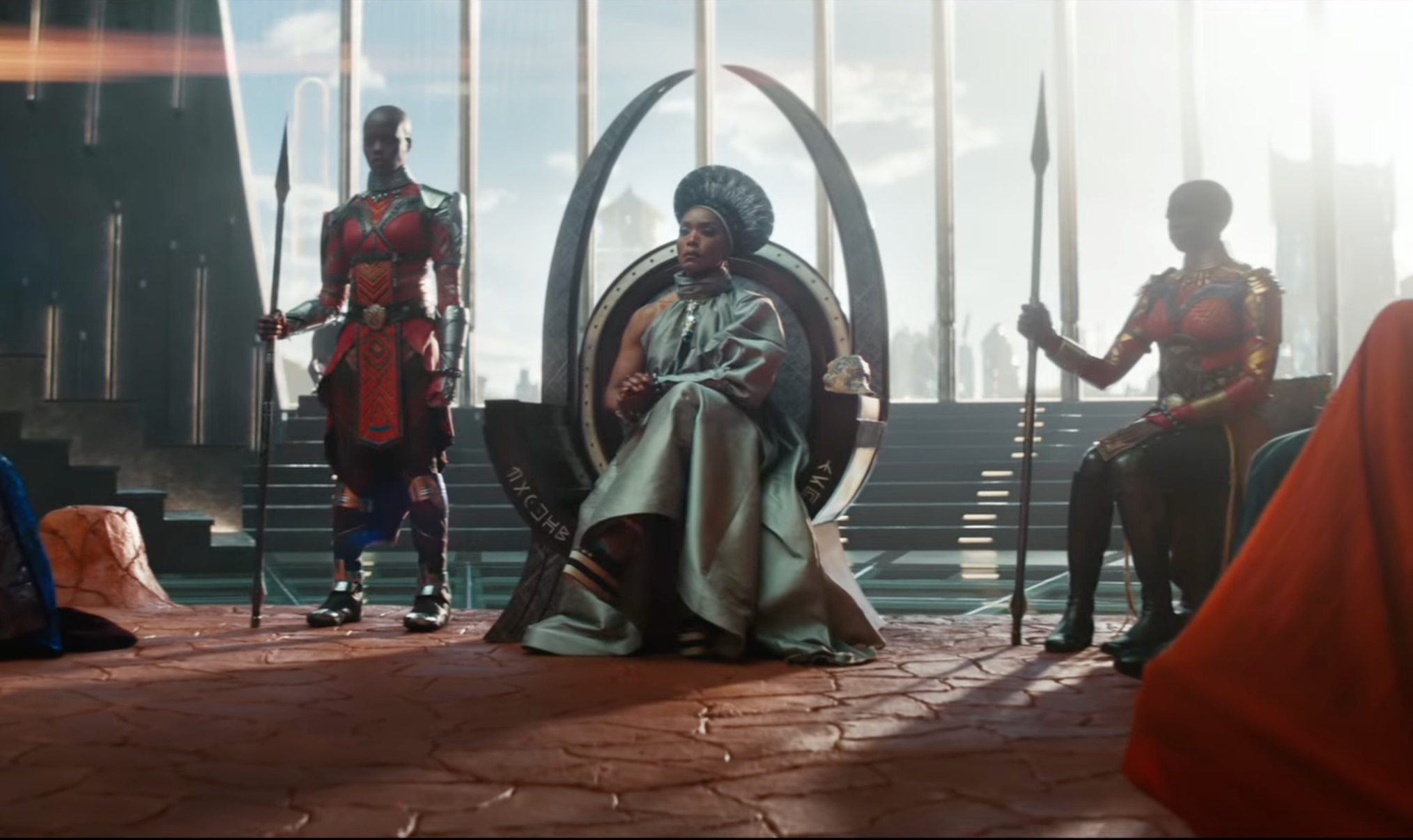
Also read: Chadwick Boseman: The King Might Have Left One Big Surprise For Us
Opposers of the #RecastTChalla Movement
For many fans, however, the intention of having their favorite hero (and consequently, actor) being recast is a marring of Boseman’s creation and legacy. DJ BenHameen, writer, podcaster, and friend of Chadwick Boseman had considered the recasting a done deal “knowing how capitalism works.” But when that proved untrue following Feige’s announcement to not recast T’Challa for Black Panther: Wakanda Forever, he stated, “I don’t believe in telling creators what to do with their creations, and I respect their decision.”
“I get that we don’t have enough Black superhero characters to begin with but the MCU is also not trying to use the same characters they’ve been using for 30 years. The mantle should continue.”
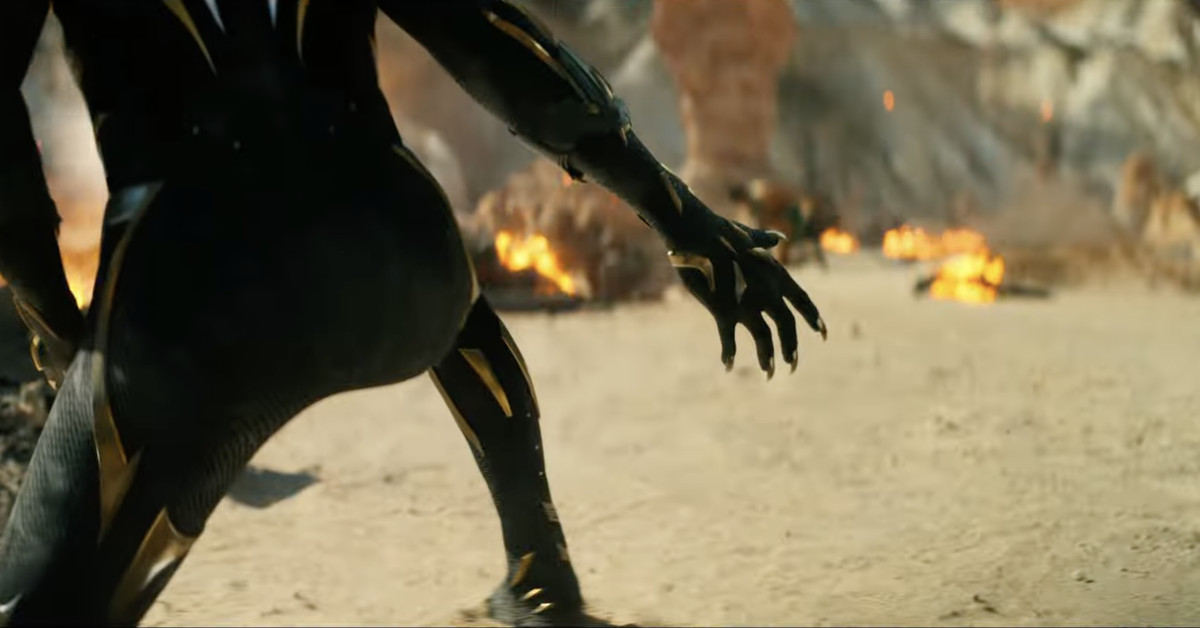
Also read: Black Panther 2: Martin Freeman Talks Wakanda Forever’s “Odd” Script Elements
BenHameen added on a more somber note, “The inconsistency I feel people can’t move past is that we all want Chadwick back, but that’s not going to happen.”
Black Panther: Wakanda Forever premieres on November 11, 2022, and will mark the official end of Marvel’s Phase Four.

